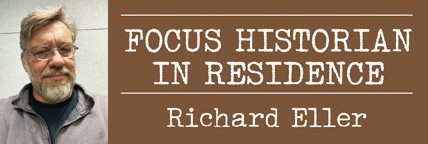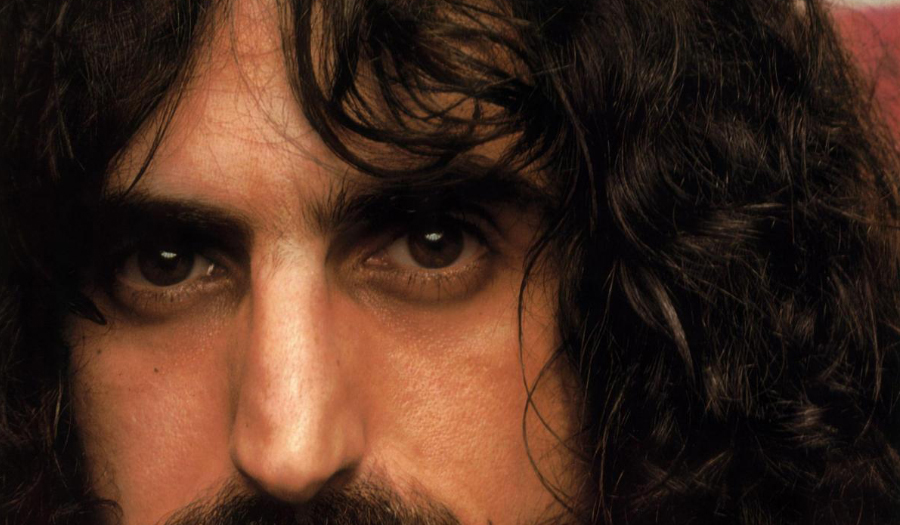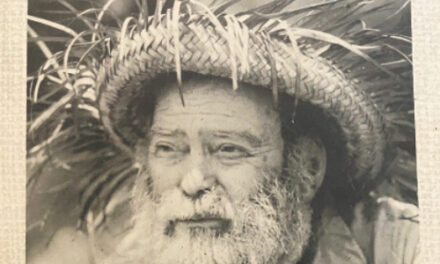
Most young people love it. Most elderly hate it.
Profanity has always been mysterious. Some shun it, others act as if the use of it is the most enjoyable words on the planet. Swear words and the way we say them serve as a barometer on how we see the world. Foul language could suggest the deterioration of civilization as we know it or the path to breaking away from the old and stodgy. Frank Zappa once said that there were no seven or eight words in the English language that would corrupt you the moment you heard them. He was right, except to those who suggest that the verbal rot of the unsavory, while not immediate, over time decays everyone within earshot and we end up with nothing that remains taboo, leaving little to define right and wrong. As you can see, I’ve spent perhaps too much time considering use of the explicit.
Back in the 1970s there was a controversy about the television debut of Gone With The Wind, the 1939 blockbuster film. No one balked back then about the drama that centered on the lives of stalwart Confederates who defended enslavement. Instead, debate raged around one word. Would it be acceptable to television audiences, who unlike movie-goers paying to hear it, would be subjected to the use of a swear word in their own home? On one side was the “it’s the highest grossing film in history” crowd (if adjusted for inflation, it still is). On the other was “my ears are not garbage cans” community. What would happen to American society if everyone heard Rhett Butler say the word, dam, with an n? We are not talking about the kind beavers made, but “DAMN.” It came at the climax of the film when he leaves Scarlett O’Hara, telling her he did not care what happens to her, a breakup scene of mythic proportion.
Guess what. The world continued to turn, society did not implode. NBC continued to operate after that 1976 showing and the envelope of what was acceptable survived another push. From there, common use of profanity continued to proliferate in film, music and the world at large. Over time the scale has continued to slide. No one cares about the biblical oath of damning someone, to eternal hell, (another swear) the assumed destination for anyone being damned. Instead, the frontier shifted language deemed more offensive.
Consequently, words that were once completely out of bounds have been rendered inoffensive, even obsolete. “That’s balderdash!” would have at one time drawn gasps from ladies and a fist from fighters. At best, the word is now quaint, though once vulgar. So many words have suffered the same fate. To call someone a “churl” (low class person) or a “scumber” (same as feces or excrement) would only draw quizzical looks from people today if you were to spit that epithet at them. Those words would be unlikely to anger or offend them.
Let’s road test this.
“I may be bricky using my sauce box to try to sell you a dog and though you think me a bedlamite, I’m just in a brown study right now.” Comprende? What I am saying is that while I may be fearless to use my mouth to lie to you and I might be seen as crazy, I’m depressed. You would need to put yourself in those times to understand.
Profane is what we, in our age make it, proving Frank Zappa knew what of what he spoke. In actuality, Zappa had a lot to say, most of it very applicable to today, demonstrating how getting caught up in a word blinds us from useful debate on ideas. His songs are full of both. Words come and go. What is offensive today will lose its spice tomorrow. Just know that I am, using a North Carolina phrase, “toting fair” with you, i.e. telling the truth.
More next week. Tell your mother.
Photo: No matter how much we progress as a society, the use of the odd risqué word endures. Though departed, Frank Zappa rides with us.








